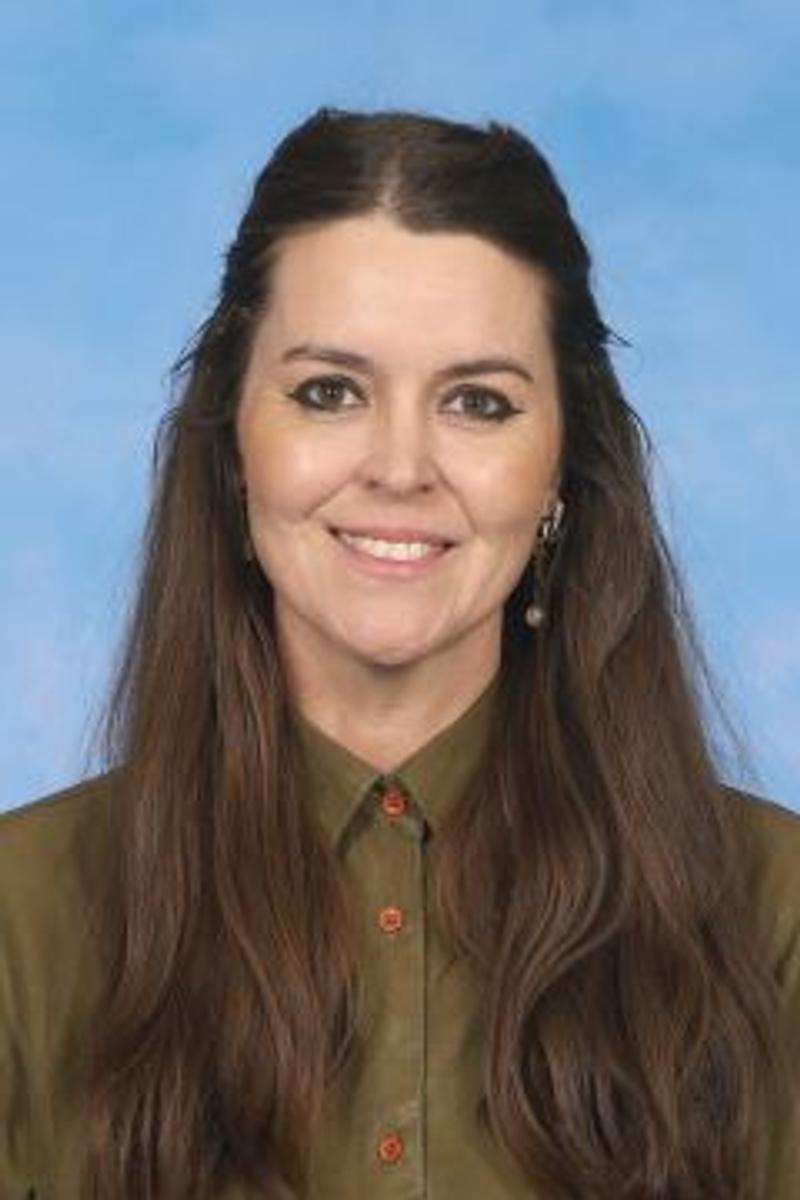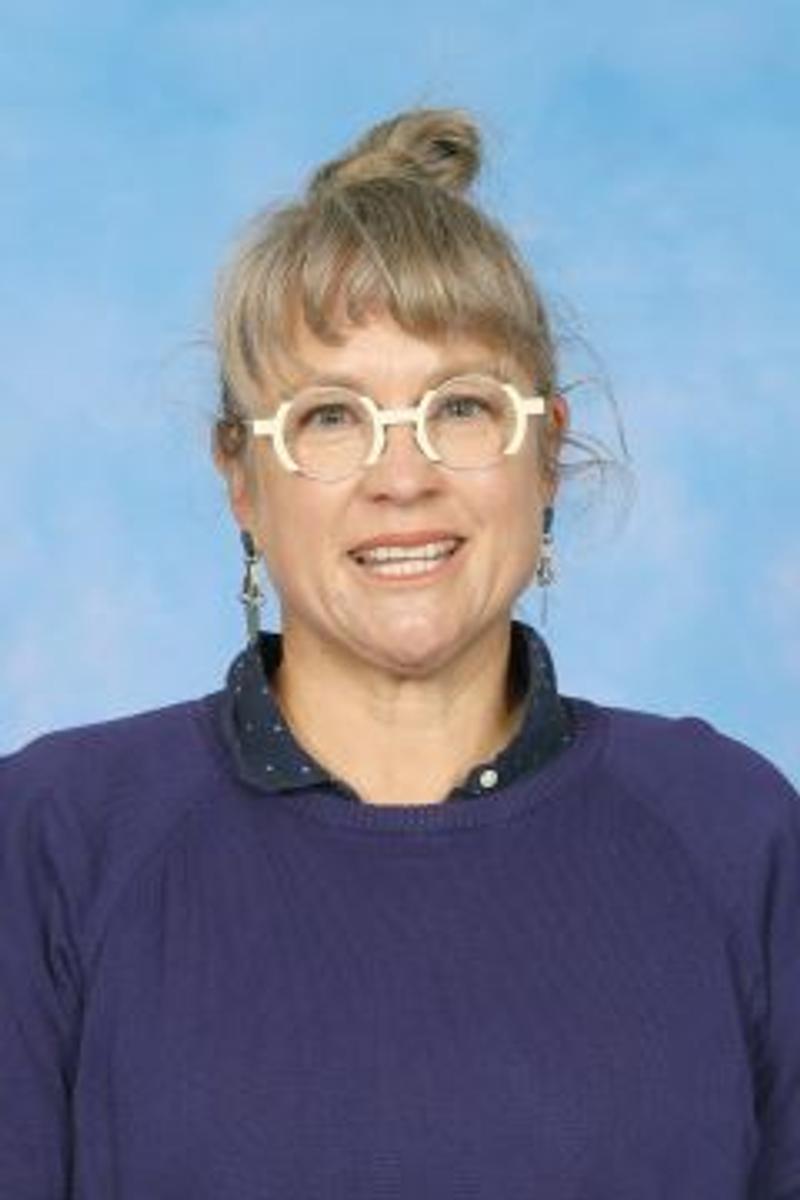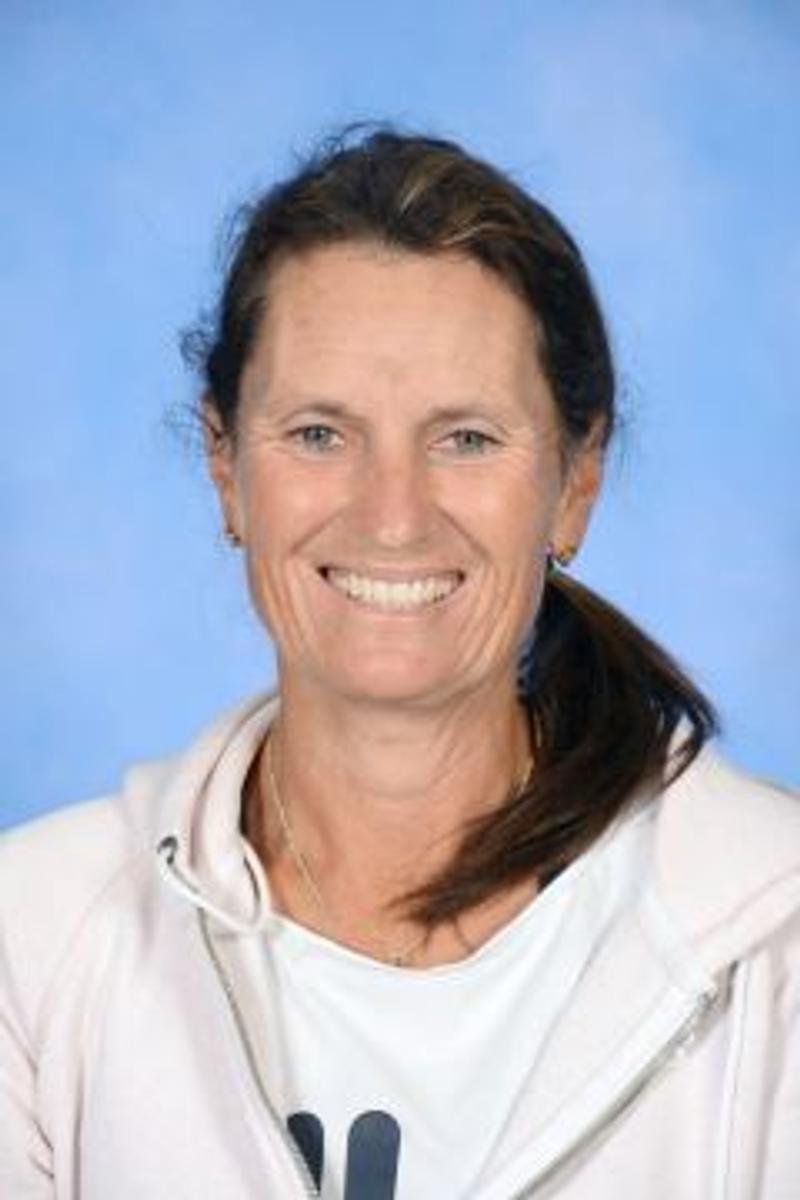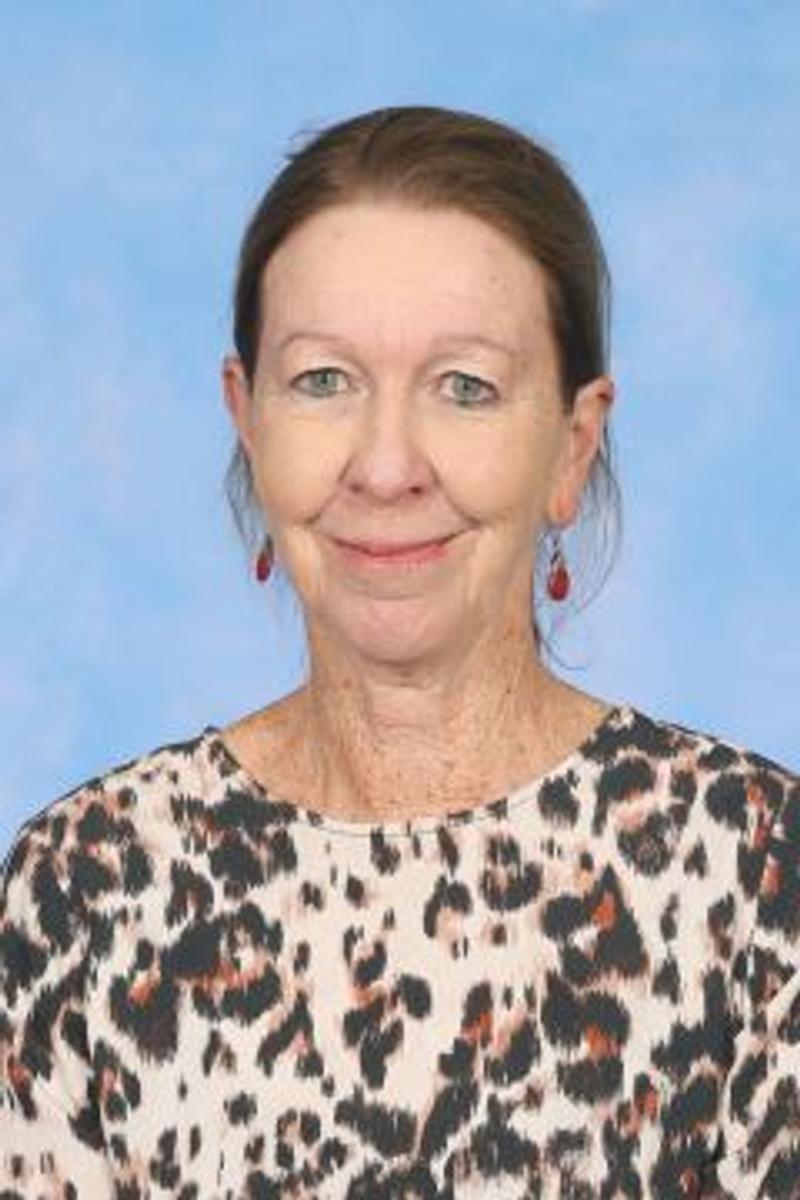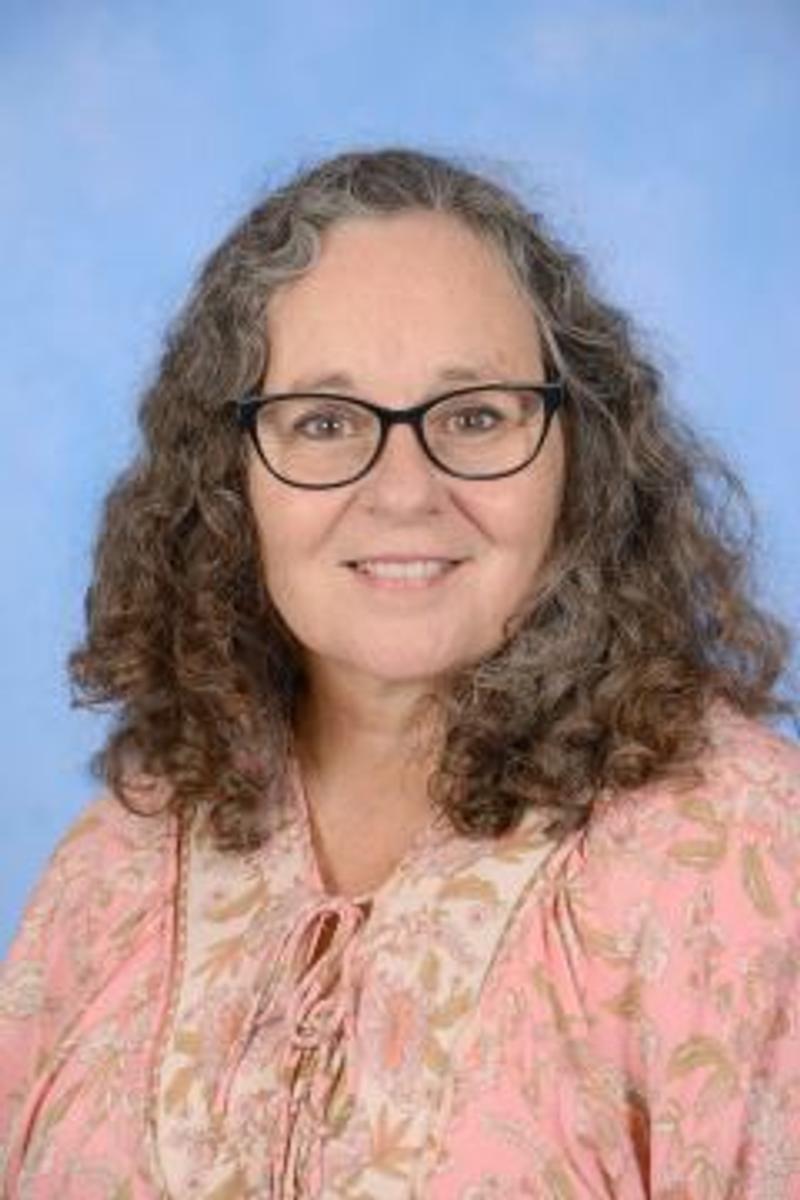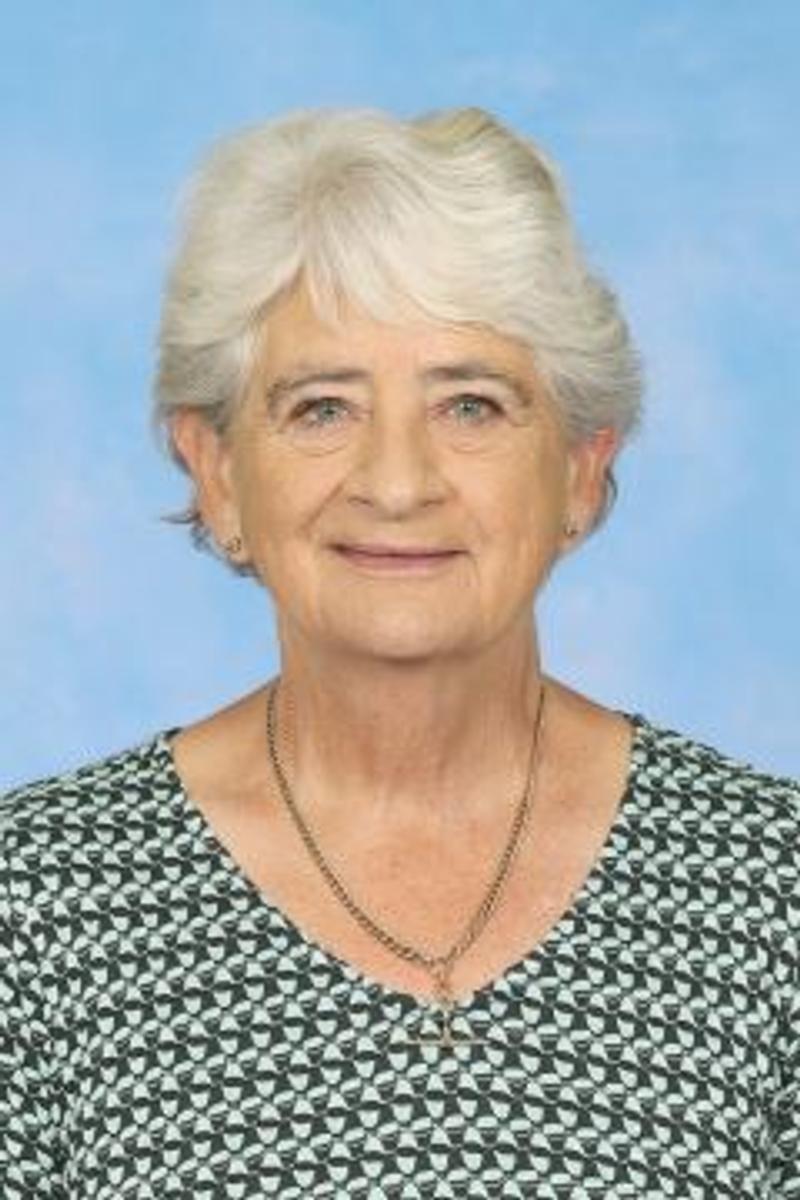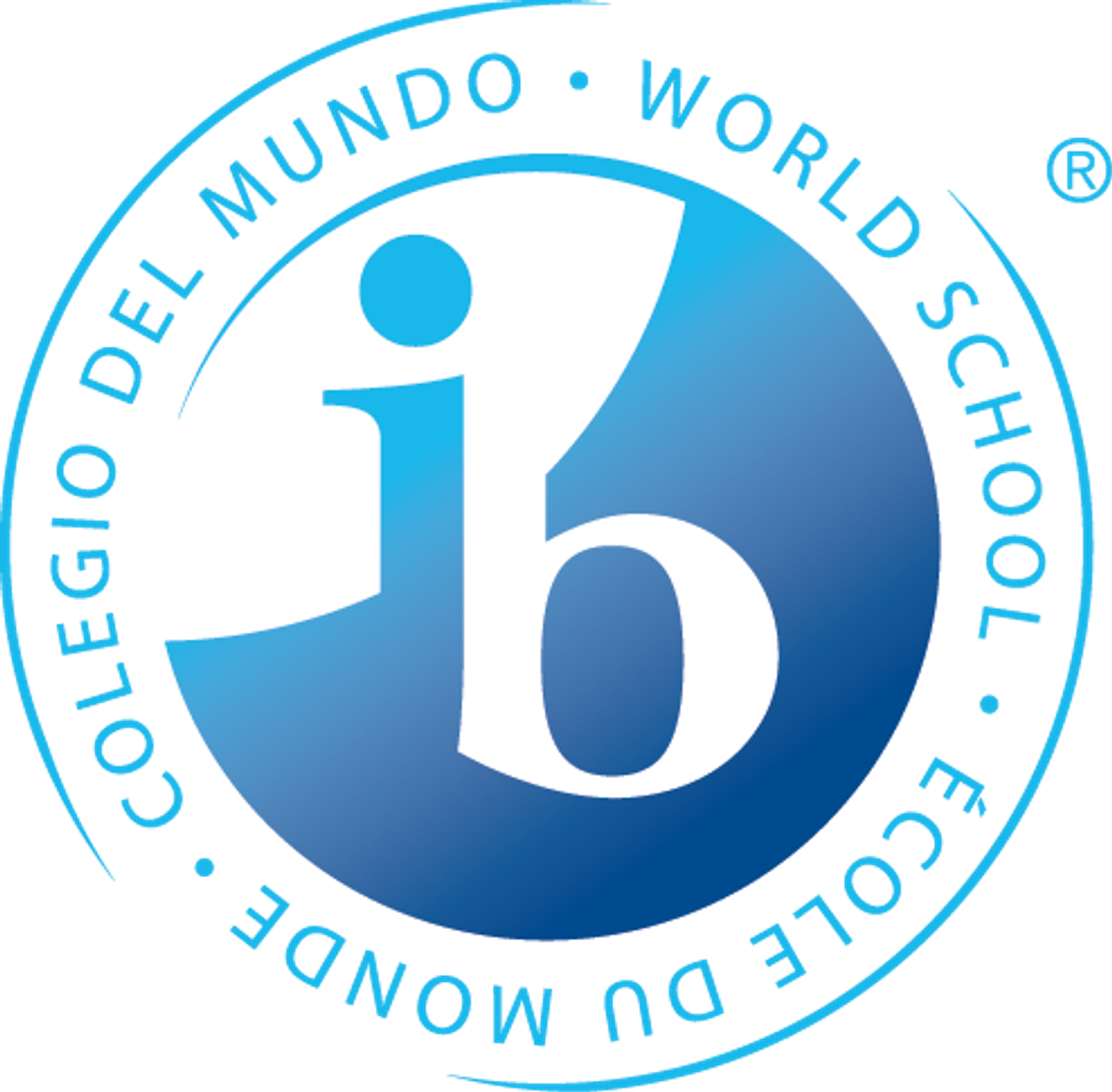Year 1 Specialist News -Term 3

Visual Art
The Term 3 Unit of Inquiry is called 'Food through the eye of an Artist', which integrates with the Transdisciplinary Theme- 'How we organise ourselves'. The Unit focuses on artists Margaret Preston, Giuseppe Arcimboldo and modern animations of Soupe-Opera.
Students Create
- Still life fruit drawings. Developing skills and understanding of observational drawing.
- Print plate and print design. Inspired by the still life fruit drawings, capture the linear detail of fruit to create an effective print design. Looking at the works of Margret Preston.
- Paper collage inspired by Giuseppe Arcimboldi portraits and the animations of Soupe-Opera.
- Clay food on a plate. Capturing realistic form and detail of food using clay modelling skills.
Language - Japanese
Term Focus & Topic
- Japanese food
PYP Transdisciplinary Theme
'How we organise ourselves'
Food goes through many stages of production before reaching us.
Concepts
function, perspective
Lines of Inquiry
- The stages food products go through from origin to consumption.
The Student Will Be Able To
- Explain what Japanese foods are like and what Japanese people eat.
- Say and spell some ingredients (meat and vegetables) of YAKISOBA: Japanese style fried noodles in Japanese.
- Say some verbs for cooking like cut and fry in Japanese.
- Talk about table manners of Japan.
- Make paper YAKISOBA (Japanese style fried noodles).
- The programme is subject to change due to some school events.
Physical Education
This Term 3 unit we are focusing on is 'Sharing the planet'.
Focus
- Concepts: Connection- how we interact with one another when competing across different year levels as people would when competing for their country.
- Learner Profile Attributes: balanced and principled
Music
'How we organise ourselves'
Just as food goes through many stages of production before reaching us, so does a musical composition go through many stages of editing and practice, before it can be performed for an audience. A focus will be on observing the change that occurs, as students prepare a musical item for performance.
Students Will
- Find ways to record creative compositions and soundscapes (using both informal and formal notation) and perform them.
- Perform the soundscape called ‘The Rain is Falling’.
- Perform the chant ‘A Big Green Tram’, using percussion instruments and voice.
- Understand that both formal and informal notation is a form of communication from one person to the next and a way to organize ideas.
- Use their knowledge of music vocabulary to compare changes in music, as they listen appreciatively to a variety of works. The focus is both on learning to express one’s ideas and on being open minded to the ideas of others.
- Learn a folk dance, taking note of the function of the music and variety of music elements, to help organise large groups of dancers.
- View a live performance called ‘Two Wheeled Time Machine’. Students will reflect on their learning and experience and incorporate their ideas into their class compositions.
- Form a connection and understanding of remote communities, as they work towards a whole school performance, to raise funds for the Indigenous Literacy Foundation.
- Sing songs related to their Unit of Inquiry
Library
Students Will
- Continue to revise parts of the book- title, author, illustrator, spine, barcode and endpapers.
- Continue to discuss care and handling of the books and shelving them correctly in Picture fiction and Easy Fiction
- Revise sections of the library
- Introduce Children’s Book Week, read a selection of shortlisted books from the categories of Early Childhood, Picture Books, Information Books and Best new illustrator over six weeks prior to Book Week, discuss and decide which we like best.
- Read and discuss texts related to Unit of Inquiry 'How We Organise Ourselves', Food Goes Through Many Stages of production.
- Read and discuss books about Dad for Fathers’ Day.

